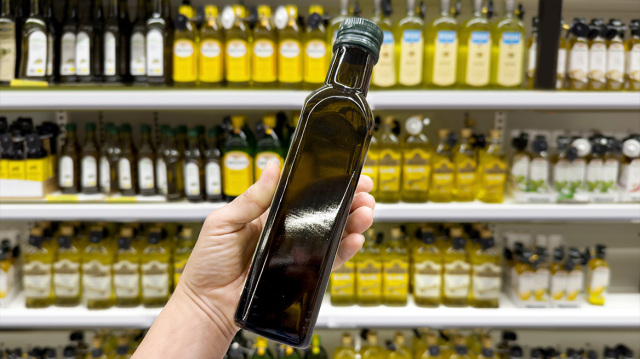The French magazine 60 Millions de consommateurs reports that it has analysed the composition of 22 commercially available olive oils on the French market and found that all contain traces of plasticisers and hydrocarbons that are potentially hazardous to health.
As Patricia Chairopoulou, a journalist at 60 Millions de consommateurs, explained to BFMTV, 22 extra virgin olive oils (i.e. those extracted directly from the fruit by simple mechanical pressure or centrifugation) were analysed and all were found to contain residues of plasticisers (substances added to plastics to increase their flexibility) and hydrocarbons, i.e. substances found in ‘tanks, tarpaulins or pipes used in storage or transport’.
According to this study, whether organic or conventional, oils contain one to three phthalates or plasticizers, which, as endocrine disruptors, are considered hazardous to human health. Some olive oils also contain MOSH (saturated mineral oil hydrocarbons) and MOAH (aromatic mineral oil hydrocarbons). These are petroleum derivatives, used in particular as engine lubricants.
They are oil derivatives used in petroleum products, which are mainly used as fuel oils for use as engine oils.
As the study authors explain, by contaminating food, the former can accumulate in the liver and lymphatic system, while the latter, MOAH, has carcinogenic properties. Contamination can occur during harvesting, crushing, or transport of olives, particularly through oil spills from a tractor, a crushed or truck, the study authors also said, noting that some olive oils contain 10 mg/kg MOAH, which is five times higher than the limit considered acceptable by the European Union.
Ask me anything
Explore related questions

